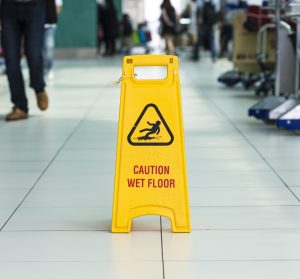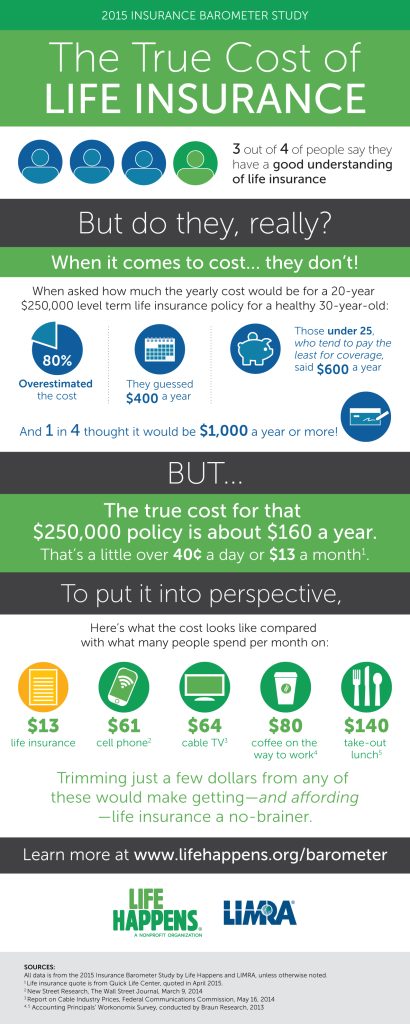
Many Americans retreat to swimming pools throughout the summer to escape the blistering heat. For some, a pool party complete with drinks, grilled food, and music is an essential part of a perfect summer day. While swimming pools are great for bringing family and friends together, there are risks and pool safety concerns home owners should consider.
According to the
Centers for Disease Control and Prevention, roughly ten people drown each day in the United States and there are over 3,000 unintentional drowning deaths, unrelated to boating, every year. While swimming in a residential pool is relaxing and great for physical exercise, it does present dangers that home owners should prepare for—especially when children are present. In fact, the Red Cross states that about 200 children drown in residential swimming pools annually. Vigilance and certain safety precautions can greatly reduce accidental injuries and swimming-related deaths.
Invest in Adequate Fencing and Gates
According to
MSN Real Estate, it is extremely important for home owners to have locking gates and fencing surrounding a pool.…
Read More
 The Ultimate Guide to Organizing Your Important Paperwork
First things first:
Invest in a good shredder. Identity thieves have been known to comb through trash (gross) to find bits and pieces of your discarded personal information. Shred any documents with personal information in them so they don’t get the opportunity.
Invest in a sturdy safe deposit box. On the other end of the spectrum, there are records you want to hold on to forever–so buy something solid to keep them protected from theft, water damage or fire. Also keep an inventory of what’s in there, and review it once a year.
Establish a trusted system, and stick to it. What good is an organization binge if the papers will just pile up in another week because you don’t know where to put them? Find what works for you–a bill box, a filing cabinet, a desk drawer–and stick to it.
Think about going digital.… Read More
The Ultimate Guide to Organizing Your Important Paperwork
First things first:
Invest in a good shredder. Identity thieves have been known to comb through trash (gross) to find bits and pieces of your discarded personal information. Shred any documents with personal information in them so they don’t get the opportunity.
Invest in a sturdy safe deposit box. On the other end of the spectrum, there are records you want to hold on to forever–so buy something solid to keep them protected from theft, water damage or fire. Also keep an inventory of what’s in there, and review it once a year.
Establish a trusted system, and stick to it. What good is an organization binge if the papers will just pile up in another week because you don’t know where to put them? Find what works for you–a bill box, a filing cabinet, a desk drawer–and stick to it.
Think about going digital.… Read More
 The Ultimate Guide to Organizing Your Important Paperwork
First things first:
Invest in a good shredder. Identity thieves have been known to comb through trash (gross) to find bits and pieces of your discarded personal information. Shred any documents with personal information in them so they don’t get the opportunity.
Invest in a sturdy safe deposit box. On the other end of the spectrum, there are records you want to hold on to forever–so buy something solid to keep them protected from theft, water damage or fire. Also keep an inventory of what’s in there, and review it once a year.
Establish a trusted system, and stick to it. What good is an organization binge if the papers will just pile up in another week because you don’t know where to put them? Find what works for you–a bill box, a filing cabinet, a desk drawer–and stick to it.
Think about going digital.… Read More
The Ultimate Guide to Organizing Your Important Paperwork
First things first:
Invest in a good shredder. Identity thieves have been known to comb through trash (gross) to find bits and pieces of your discarded personal information. Shred any documents with personal information in them so they don’t get the opportunity.
Invest in a sturdy safe deposit box. On the other end of the spectrum, there are records you want to hold on to forever–so buy something solid to keep them protected from theft, water damage or fire. Also keep an inventory of what’s in there, and review it once a year.
Establish a trusted system, and stick to it. What good is an organization binge if the papers will just pile up in another week because you don’t know where to put them? Find what works for you–a bill box, a filing cabinet, a desk drawer–and stick to it.
Think about going digital.… Read More





 Many Americans retreat to swimming pools throughout the summer to escape the blistering heat. For some, a pool party complete with drinks, grilled food, and music is an essential part of a perfect summer day. While swimming pools are great for bringing family and friends together, there are risks and pool safety concerns home owners should consider.
According to the
Many Americans retreat to swimming pools throughout the summer to escape the blistering heat. For some, a pool party complete with drinks, grilled food, and music is an essential part of a perfect summer day. While swimming pools are great for bringing family and friends together, there are risks and pool safety concerns home owners should consider.
According to the  What Keeps You Awake at Night?
If you are a landlord, perhaps you’d like to rent to people with pets, but the implications worry you too much. In fact, concern about what could happen keeps you awake at night. You imagine that new hardwood floor scratched to pieces, antisocial barking, and tenants with a vicious dog that refuse to leave. Then there is your worst nightmare of the dog attacking another tenant and you being liable. But you can stop worrying because by following these five simple steps, you can rent to pet owners and rest easy.
Advantages of Pet-Owning Tenants
There is a large pool of responsible people out there with good, regular income who are desperately seeking accommodation just like yours. You’d be happy to rent to them, right? If the only thing stopping you is their pet, think again.
Statistics show that pet owners are more likely to have a good, regular income than non-pet owners, and that pet owners are more commonly long-term tenants who move less frequently.…
What Keeps You Awake at Night?
If you are a landlord, perhaps you’d like to rent to people with pets, but the implications worry you too much. In fact, concern about what could happen keeps you awake at night. You imagine that new hardwood floor scratched to pieces, antisocial barking, and tenants with a vicious dog that refuse to leave. Then there is your worst nightmare of the dog attacking another tenant and you being liable. But you can stop worrying because by following these five simple steps, you can rent to pet owners and rest easy.
Advantages of Pet-Owning Tenants
There is a large pool of responsible people out there with good, regular income who are desperately seeking accommodation just like yours. You’d be happy to rent to them, right? If the only thing stopping you is their pet, think again.
Statistics show that pet owners are more likely to have a good, regular income than non-pet owners, and that pet owners are more commonly long-term tenants who move less frequently.… 
